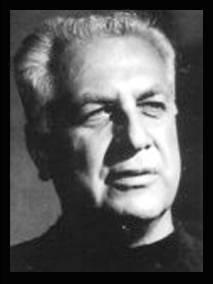For me, really embracing Detroit means being a wreckage dork first
 I’m in Detroit this week and have assorted free days to leave the safe confines of my host’s Grosse Pointe neighborhood for Mad Max Island, aka downtown.
I’m in Detroit this week and have assorted free days to leave the safe confines of my host’s Grosse Pointe neighborhood for Mad Max Island, aka downtown.
I’m sitting at a table with coffee now, preparing for the 21º weather and listening to police scanner feeds covering Wayne County, which itself is like sticking my hand into a bucket of ice water before it’s poured over my head.
Off Waverly Street, a policewoman reports, a fight between two women has just ended with one holding the other’s hand in a car door and breaking it. A suicidal man is offering to kill himself, but through police observations from across the street, he has a severely autistic adult in tow who is resolutely unwilling to step away.
“Daughter is threatening mother with a gun over a check” crackles over the air, followed by an officer in another location answering a call involving “a group of people” attempting to “force their way into a home” where workers are inside. Aside from that literal siege, a mile away, an actual home invasion is announced as being “in progress.” Read more


